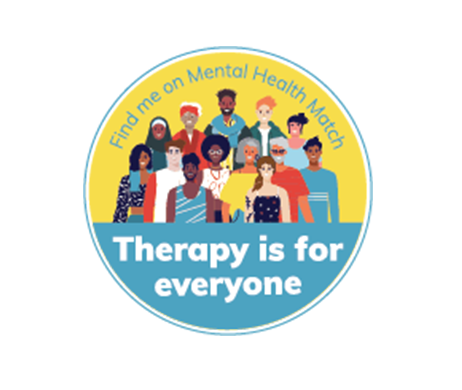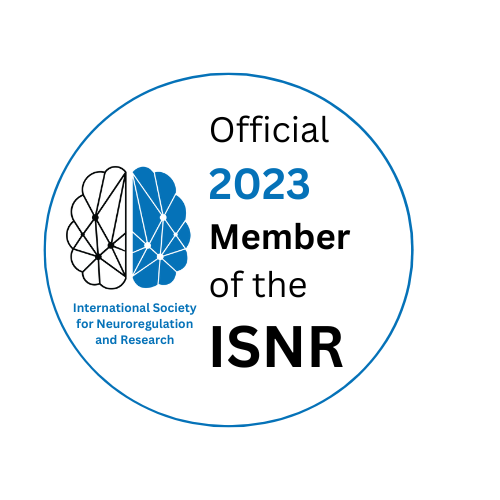
More About Trauma
There are different kinds of trauma, which can have similar, or differing impacts on people’s lives. Complex post traumatic stress disorder (PTSD) happens when a trauma is repeated and ongoing. We can see complex PTSD with attachment or developmental trauma, which can occur with a lack of bonding in early childhood, for example, or repeated misattunement between a child and their caregiver (emotional needs not being met). PTSD, or acute PTSD, can be caused by traumatic events like a car accident, a medical trauma, or violence. These are not “diagnostic” differences (both would be diagnosed as PTSD by a clinician), but they may be important in understanding your own experience with trauma, and the symptoms that might currently be bothering you.
Both types of trauma can cause symptoms like anxiety and fear, irritability, depression, being “on edge” or constantly vigilant, flashbacks, and nightmares. People who suffer from PTSD may withdrawal or avoid social relationships or other activities that were previously important to them, or things that remind them of the trauma. It is also common to “numb” emotions through behaviors like substance use, compulsive shopping, food, or sex. People who live with PTSD may also notice that they have a lot of physical pain, such as headaches, fatigue, muscle tightness, and stomach and digestive problems.
As research and understanding of trauma have increased over the years, we have a better understanding of how trauma impacts our brains and bodies. That is why if you and I work together to treat your trauma, we will not only use talk in our sessions, but we will also bring in techniques and interventions to connect with your body, and soothe your body and mind.



